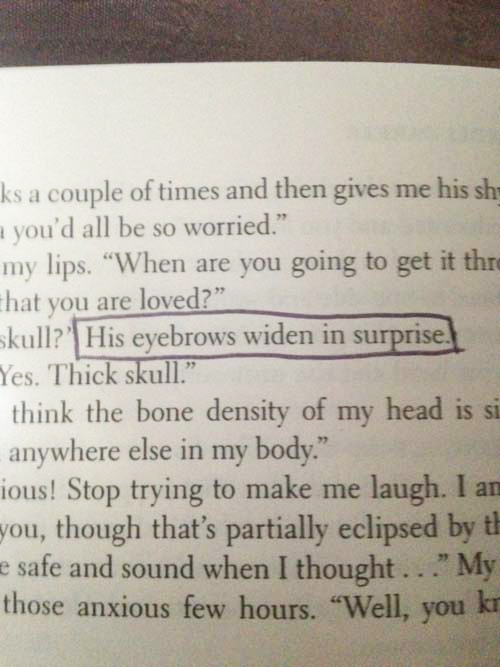

Month: December 2021
Welcome to the Busybird blog, where you can find helpful articles, updates, industry news and more. Make sure you stay up to date by signing up to our newsletter below.
How lowbrow fiction is carrying us across the murky waters of this pandemic
December 3, 2021
In early 2020, Melbournians in lockdown found freedom in new hobbies: baking a fresh loaf of sourdough, learning to crochet, tie-dying jeans, or learning the latest TikTok dance. When the little bubble of our world became restricted, we found creativity in the corners of our homes.
Many people also turned to their bookshelves for comfort. Book sales soared as we realised that, for a while, our world would be restrained within the pages in our hands. And so we held on to more books, more pages. I, myself, stretched for fiction, grasping for a chance to narrow my focus to the pages of interdimensional space travel, magical realms, and shocking plot twists. When the news became too overwhelming, I would reach for a novel and there I would feel safe. In the pages.
Many of the narratives I felt drawn towards were easily found in my local bookshop, or listed on the homepage of a large bookstore website. As the level of restrictions increased, so did my google searches for ‘Best Books for Escapism’. Lowbrow fiction flooded these search results.
To understand lowbrow literature, we need to take a quick glance at its predecessor, ‘highbrow’. This term was first used in print in 1884, but wasn’t popularised until it appeared in a piece for The Sun of New York City in 1902. It was derived from the pseudoscience of phrenology—the study of skull shape as a determiner of character. Highbrows were seen as more culturally and intellectually advanced, whereas lowbrows focused more on entertainment and ‘simplicity’. And there, resting on the fence somewhere in between, like a cat surveying its surroundings, is the ‘middlebrow’. Middlebrow literature is the novels produced in mass, yet tackling the same intellectual topics as the highbrows. Unlike their older sister, ‘lowbrow’ and ‘middlebrow’ are typically used as derogatory terms.
Rooted in a system interwoven with race and class, ‘lowbrow’ literature grew in popularity in the era when mass production was taking off. As literature became more accessible for the lower classes, the upper and upper-middle classes found themselves no longer the main consumer of novels. With this, a sort of snobbery ensued, as the upper class deemed highbrow literature as ultimately superior.
Highbrow literature and non-fiction novels certainly do have their place; they are educational and can inspire critical thinking on crucial topics. Whether you’re reading a feminist manifesto, an anthology of short stories about race, a non-fic about the effects of climate change, or even sifting through your local newspaper, there is a time for writing that provides the reader with facts and complex theories.
However, one of the lowbrow genres greatest superpowers is that it is a great source of entertainment. The lowbrow reaches diverse groups of readers, and is usually easy to devour. It is also highly accessible, being produced and distributed in great quantities. Genre, escapist, or lowbrow fiction—whatever you want to call it—permits the reader to indulge in an alternate reality. A reality separate and far away from the reality of a pandemic. It is a type of writing that allows the reader to briefly live within a world borne by an author; a world where the reader is liberated from daily responsibilities.
In fact, by absorbing its reader into the world of fictional characters so effortlessly, lowbrow novels do something which ‘higher’ literature cannot; it encourages all those beautiful qualities that are so important for coping in a pandemic—compassion, empathy, and an understanding of self. Norwegian psychologist Frode Stenseng explored this theory, and divides escapism into two categories: self-suppression and self-expansion. He acknowledges that a desire to seek escape is indeed healthy, and leads to a more informed understanding of self.
In a 2013 interview with The Guardian, bestselling fantasy author, Neil Gaiman explained it this way:
“If you were trapped in an impossible situation, in an unpleasant place, with people who meant you ill, and someone offered you a temporary escape, why wouldn’t you take it? And escapist fiction is just that: fiction that opens a door, shows the sunlight outside, gives you a place to go where you are in control, are with people you want to be with (and books are real places, make no mistake about that); and more importantly, during your escape, books can also give you knowledge about the world and your predicament, give you weapons, give you armour: real things you can take back into your prison. Skills and knowledge and tools you can use to escape for real.”
Fiction provides us with the mental and emotional tools to get us through tough times. For some, this might be a screw driver to work away at the nuts and bolts of difficult thoughts. For others, it might be a spoon for consuming as much of the imaginary as possible. For me, fiction is a life raft.
During the past year and a half, a simple walk down the street becomes a reminder of life’s shifted reality: the masks, social distancing, the businesses that haven’t survived. I feel stuck, like I’m swimming in water that’s been polluted. It’s pulling me under. But, when I return home, I have that bookshelf waiting for me. The dust-less, patient, well-loved bookshelf. And on it are the lowbrow books that lift me from murky waters and return me to the comfort of fiction.
Brooklyn O’Connell, intern
